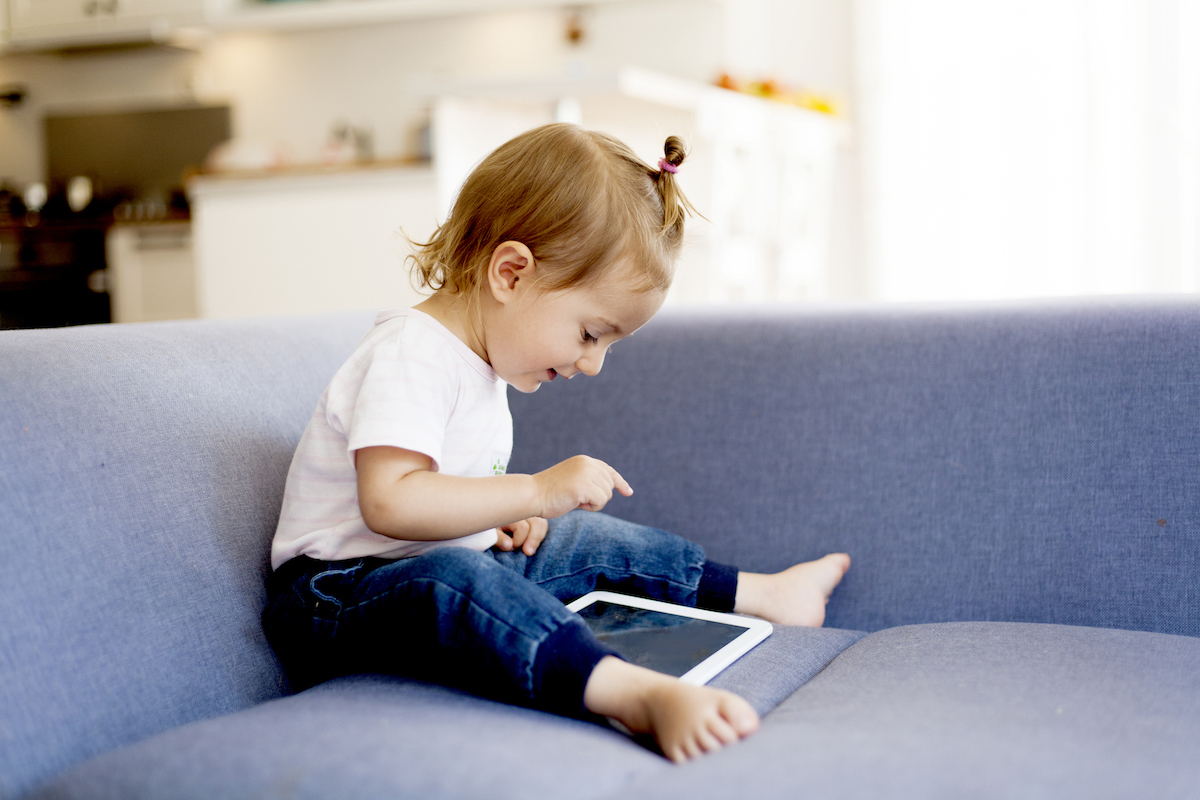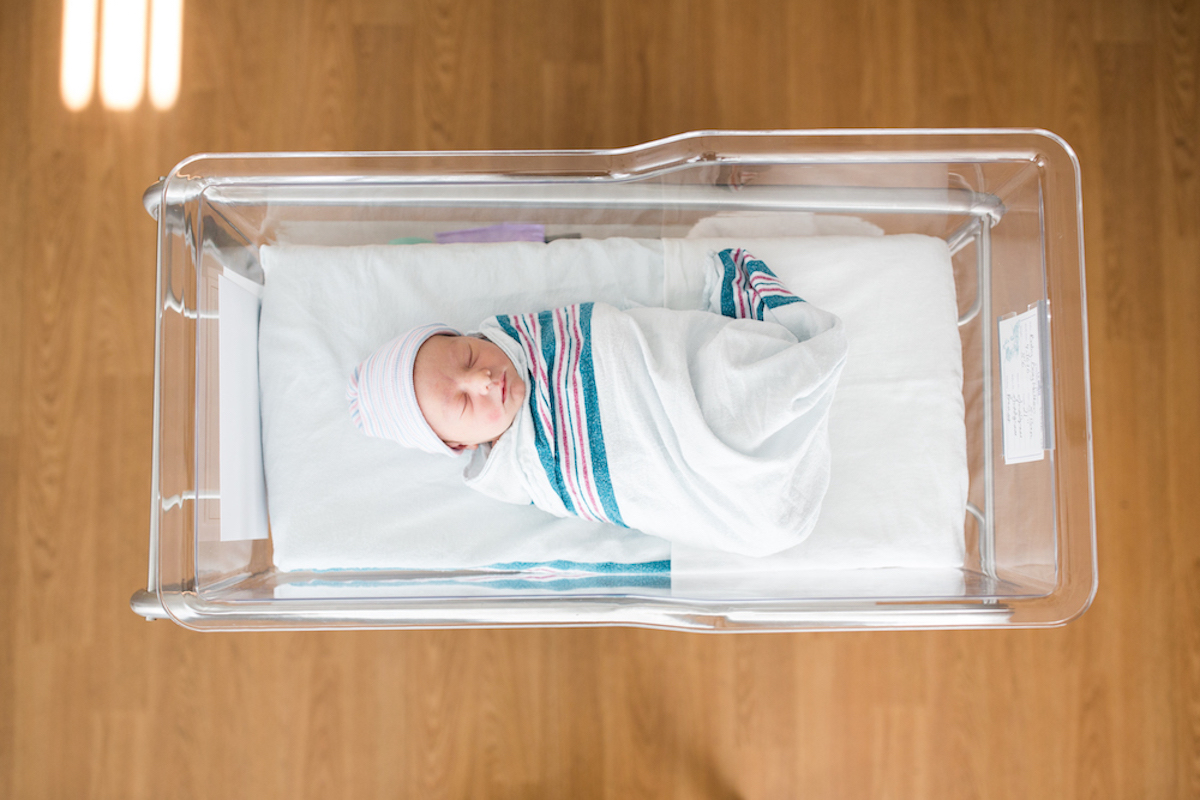I’m worried about the Emla Fitzsimons research showing a very large cognitive development difference between breastfed babies and non-breastfed babies. Can you shed any light on that?
—Diana
For those of you who missed it, there is a paper out (from economists) about the relationship between breastfeeding and IQ. The paper is here, and here is a podcast with the author.
Part of the reason this study got a lot of attention is that the researchers use a clever strategy with their data. Recall that our main concern with studying breastfeeding is that women who breastfeed differ in other ways (education, for example) from women who do not. It’s hard to separate these factors from the impact of breastfeeding. Facing this problem, researchers often look for experiments — or “quasi-experiments” (which do not use randomization) — that change breastfeeding rates somewhat randomly.
In this paper, the authors use the fact that depending on the day of week you give birth (this is in the U.K.), you get varying breastfeeding support (because there is less support in hospitals on weekends). The result is varying breastfeeding rates. Their argument is that because this birth-day-of-week is random, they can use that variation (as part of what we call an instrumental variables strategy) to identify causal effects of breastfeeding.
The bottom-line conclusion of the paper is that breastfeeding causes huge increases in child IQ — their primary estimates suggest an increase of about half of a standard deviation, or about 7.5 points on a typical IQ test. This is substantially larger than in virtually any other study I have seen.
Before getting into the weeds a bit, I will start by saying that this effect is implausible. There are many studies that compare breastfed kids with those who are not; we expect the IQ differences here to be overestimated, because of the differences across mothers. But even those estimates are generally much smaller than this paper — usually more like 1 or 2 IQ points. And in this paper, when they just compare kids who were breastfed with those who were not, they get a very small effect. It is only when they use their instrumental variables strategy that they get this enormous impact.
The main problem with the estimation here, I believe, is a combination of a small amount of non-randomness in the day of the birth week, combined with the fairly weak statistical link between day-of-birth week and breastfeeding rates. For schedule and other reasons, some demographic groups seem to be more likely to give birth on weekends. These differences are small, but there. This bias is getting amplified by the fact that the relationship between day of the week and breastfeeding rates isn’t very strong (technical note: F-stats around 3 to 4 in some regressions). It turns out that these combine to amplify bias, and it is probably the case that the statistical bias is larger in their instrumental variables analysis, not smaller.
My overall sense is that this result doesn’t hold up to either a general sniff test or detailed statistical scrutiny.

















